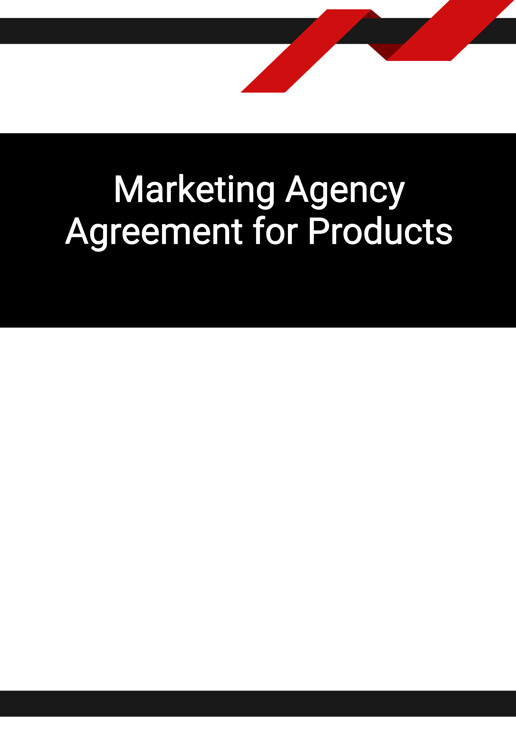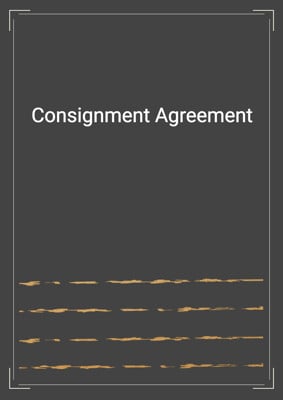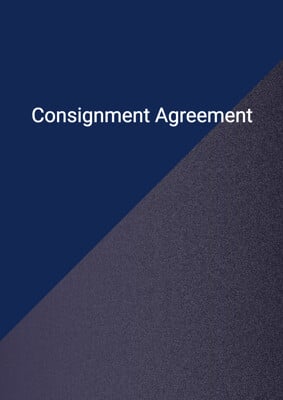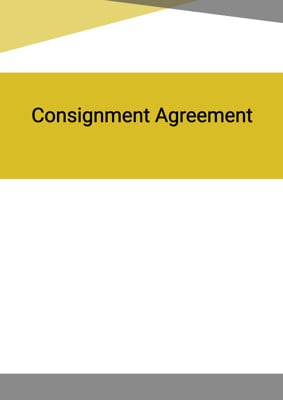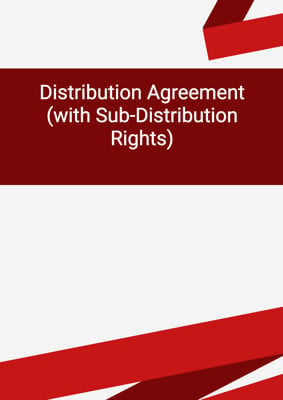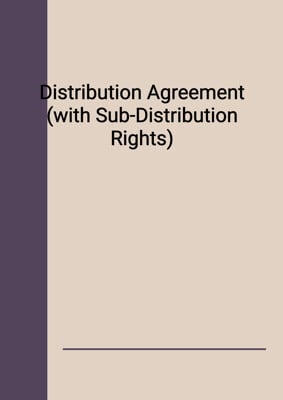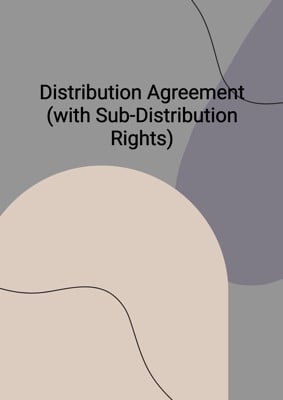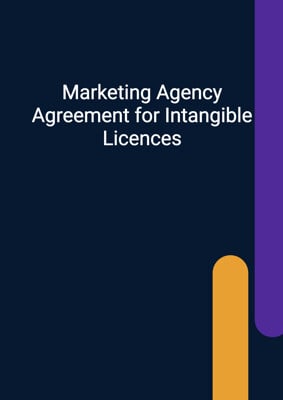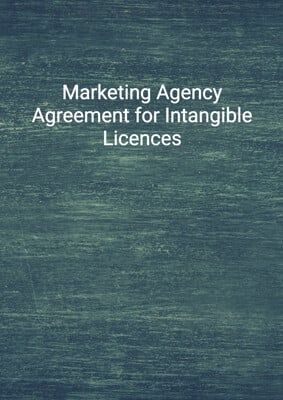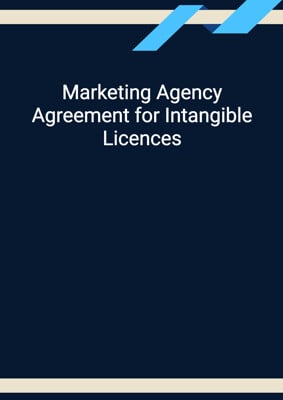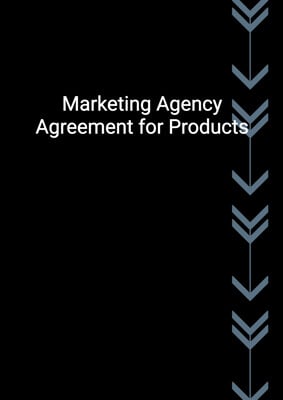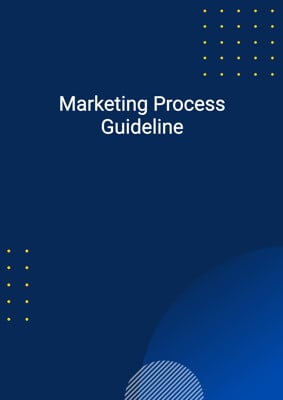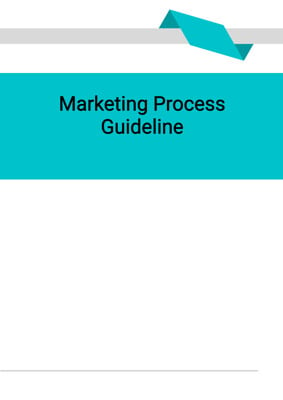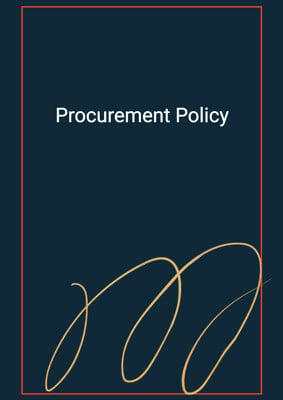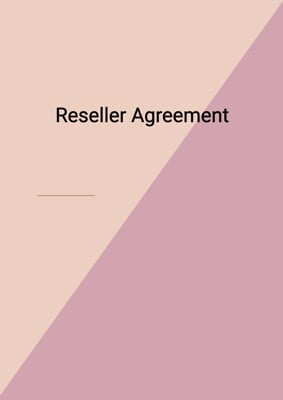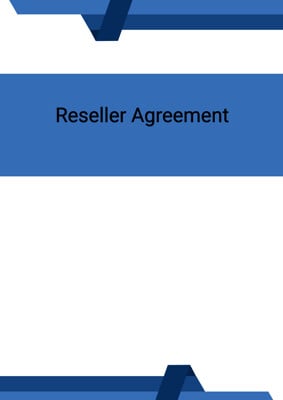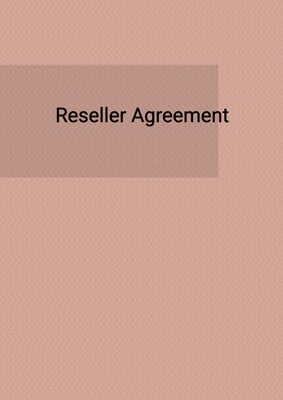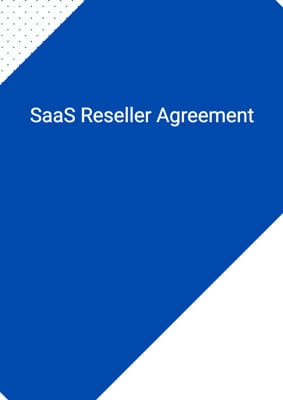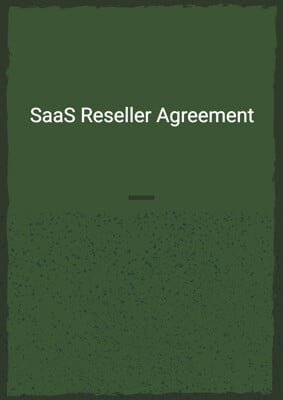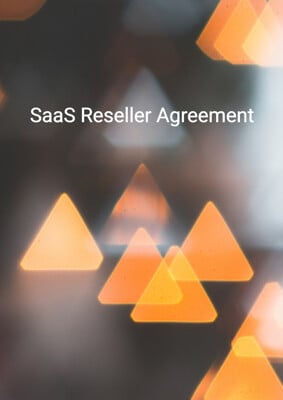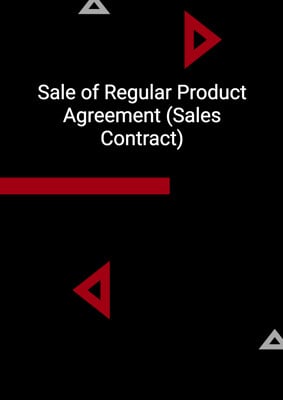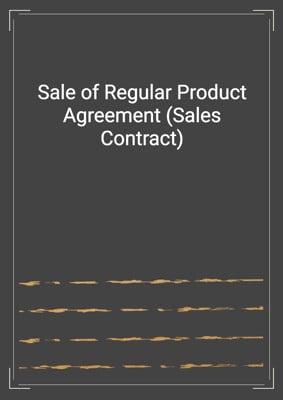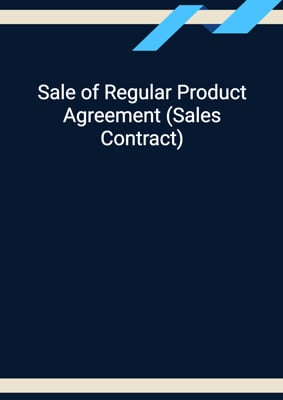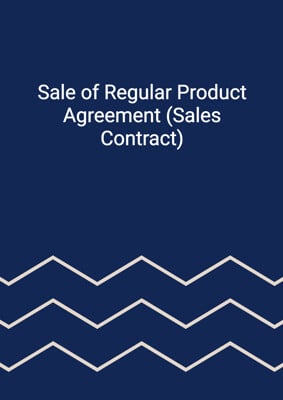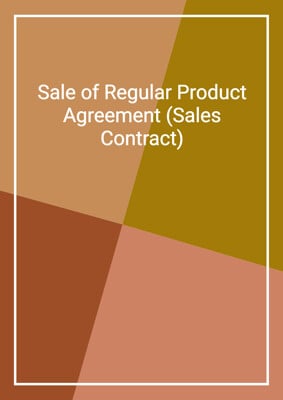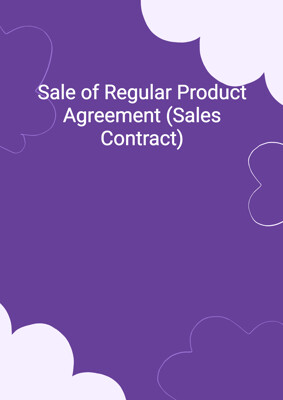How to Tailor the Document for Your Need?
01
Create Document
Fill in the details of the parties. You can click the "Fill with Member’s Information" button to complete it with information saved to your account.
02
Fill Information
Please fill in any additional information by following the step-by-step guide on the left hand side of the preview document and click the "Next" button.
03
Get Document
When you are done, click the "Get Document" button and you can download the document in Word or PDF format.
04
Review Document
Please get all parties to review the document carefully and make any final modifications to ensure that the details are correct before signing the document.
Document Preview
Document Description
The Marketing Agency Agreement for Products is a document that establishes a contractual relationship between a principal and an agent. The principal is a manufacturer who wishes to expand sales in a specific territory where they have limited presence and marketing experience. The agent, on the other hand, has extensive marketing experience in that territory and is willing to act as the principal's marketing agent.
The agreement begins with an interpretation section, defining key terms used throughout the document. It clarifies that 'business day' refers to a day when banks are open for business in the territory, and 'force majeure' refers to circumstances beyond a party's reasonable control, such as strikes or lock-outs.
The appointment of the agent is outlined in section 2. The principal appoints the agent as its exclusive agent in the territory for the promotion and solicitation of customers for the products listed in Schedule 1. The agent is prohibited from soliciting orders from customers outside the territory or from customers in the territory who intend to resell the products outside the territory.
Section 3 outlines the agent's duties. The agent is responsible for promoting and marketing the products in the territory, seeking orders, and assisting the principal in the sale of the products. However, the agent does not have the authority to sell or enter into contracts on behalf of the principal without prior written authorization. The agent must comply with the principal's marketing policy regarding price, payment terms, advertising, and other promotional measures.
The agreement also addresses the sale of the products in section 4. The principal determines the terms and conditions of sales, and the agent must bring these terms to the attention of customers and prospective customers. The agent is not entitled to receive payments on behalf of the principal unless otherwise agreed in writing.
Intellectual property rights are addressed in section 5. The agent must promptly notify the principal of any infringement or claim of infringement of the principal's intellectual property in the territory. The agent is not granted any rights in the principal's trade names or trademarks, and must not use any trade names or trademarks that may cause confusion with the principal's.
Financial provisions are outlined in section 7. The principal agrees to pay the agent a commission based on the net invoice price of products sold to customers introduced by the agent. The principal must provide regular statements and remittances to the agent, and keep accurate records of sales.
Confidentiality obligations are detailed in section 8. The agent must keep all restricted information confidential and only use it for the purpose of performing its obligations under the agreement. The agent may disclose restricted information to customers, authorities, or employees to the extent necessary for the performance of the agreement or as required by law.
The agreement includes provisions for force majeure, termination, and consequences of termination. It also addresses the nature of the agreement, stating that it does not create a partnership or employer-employee relationship between the parties.
The agreement concludes with provisions regarding notices, service, and the proper law governing the agreement. It specifies that notices must be in writing and served by email, hand delivery, or registered post. Any legal proceedings related to the agreement must be served at the party's principal place of business.
This Marketing Agency Agreement for Products is a comprehensive document that clearly defines the rights, duties, and obligations of both the principal and the agent. It provides a framework for their working relationship and ensures that both parties understand their roles and responsibilities.
How to use this document?
1. Review the agreement: Familiarize yourself with the entire Marketing Agency Agreement for Products to understand its purpose and scope.
2. Identify the territory: Determine the specific territory in which the agent will act as the principal's marketing agent. This will help you understand the target market and customer base.
3. Understand the agent's duties: Review section 3 to understand the agent's responsibilities, including promoting and marketing the products, seeking orders, and complying with the principal's marketing policy.
4. Familiarize yourself with the sales terms: Pay close attention to section 4, which outlines the terms and conditions of sales. Understand the principal's authority to determine these terms and the agent's role in communicating them to customers.
5. Consider intellectual property rights: Section 5 addresses intellectual property rights. Understand the agent's obligation to notify the principal of any infringement or claim of infringement and the restrictions on using trade names or trademarks.
6. Review financial provisions: Section 7 outlines the commission structure and payment terms. Understand how the commission is calculated and the principal's obligations to provide statements and remittances.
7. Maintain confidentiality: Section 8 imposes confidentiality obligations on the agent. Ensure that you understand the restrictions on disclosing restricted information and the exceptions to these obligations.
8. Be aware of termination provisions: Familiarize yourself with the termination clauses in section 10. Understand the circumstances under which either party can terminate the agreement and the consequences of termination.
9. Follow proper notice procedures: Review section 15 to understand the requirements for giving notices under the agreement. Ensure that you comply with the specified methods and timelines for serving notices.
10. Seek legal advice if needed: If you have any questions or concerns about the agreement, consider consulting with a legal professional to ensure that you fully understand your rights and obligations.
Not the right document?
Don’t worry, we have thousands of documents for you to choose from:
